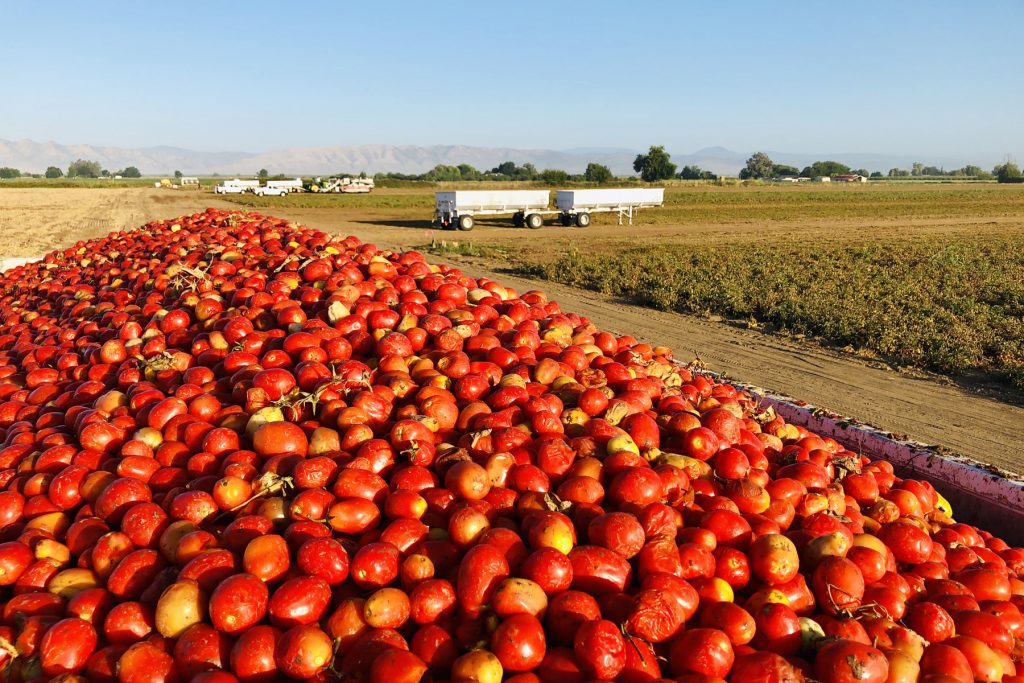By David Guy
The extraordinary year has brought renewed focus on population health and wellness and the importance of enhancing our world so people can live healthier and more fulfilling lives.
This moment in time also provides an opportunity for introspection, a time to think about our families and friends, what is essential in our lives, and how we can contribute to population health and wellness. In the Sacramento Valley, through our collective work with the non-profit Northern California Water Association, our team is working hard to envision the role that water suppliers and local governments can serve to help people live healthier and more fulfilling lives.
Population health is a broad concept that encompasses the intersecting and overlapping factors that influence health, including economic, social, and ecological well-being. The health of an individual or a community involves more than just the elimination or absence of disease and should also address the most persistent and emerging challenges facing population health. We have learned and increasingly believe that population health is inextricably tied to climate resiliency and ecological health: our rivers, soils, air, trees, watersheds and floodplains—and the way they function together.
In the Sacramento Valley, much of our economic, social, and ecological well-being is dependent upon our precious water resources. Some of the factors involving water that influence health include:
Safe Water for All Communities. Water is central to the economic and social vitality in our cities and rural communities. All Californians have a right to safe, clean, affordable and accessible water under a “human right to water.” For communities that do not have such a water supply, the leaders in the Sacramento Valley are actively seeking solutions to ensure safe, reliable and affordable water. Our comprehensive approach includes the Drinking Water Solutions Network to expand and ensure access to safe drinking water and we have water quality coalitions and public water agencies working hard to ensure the protection of water quality.

Nourishment. Health is dependent upon a safe and nutritious food supply. In the Sacramento Valley, families have built farms and communities based on the Sacramento Valley’s unique blessing of water, healthy soil and sun. Today, nearly two million acres of family farms—world renowned ricelands, nuts, fruit, tomatoes, fresh produce and irrigated pasture—propel the Valley’s economic engine and offer open-space and a pastoral setting cherished by people in an urbanizing society. The Valley’s farmland is also unique in the way it provides habitat and food for salmon and birds along the Pacific Flyway. The Sacramento Valley has a deep connection between the urban and rural areas as reflected in Sacramento’s designation as America’s Farm to Fork Capital.

Outdoor Recreation. We all know the value that outdoor recreation provides to both our physical and mental health and well-being. Water plays a vital role in nearly all forms of outdoor recreation, including the physical and aesthetic virtues of hiking and fishing along rivers, creeks and lakes in our valley, forests and wilderness; bird-watching or duck hunting on the national, state and private refuges and wetlands; or boating on the amazing lakes in the region.

We know from personal experience that the Sacramento Valley is an exceptional place to live, work and raise a family. To improve population health and wellness and productively address today’s population health challenges requires collaboration and working closely with people from diverse backgrounds and disciplines committed to this ideal.
As we think through our ideas and actions to contribute to population health, we truly value the perspectives, contributions, and experiences of partners and all Californians–our leadership has both a passion and interest to learn and make the Sacramento Valley a better place. We will continue to listen to, engage with, and learn from our fellow Californians. If you have other ideas or thoughts on how we can work together to improve population health, please share them with us at info@norcalwater.org and visit www.norcalwater.org.



